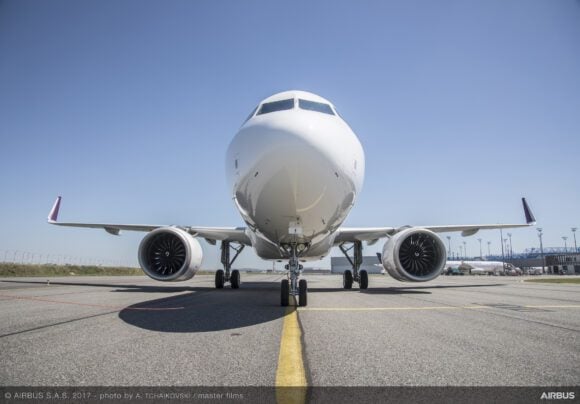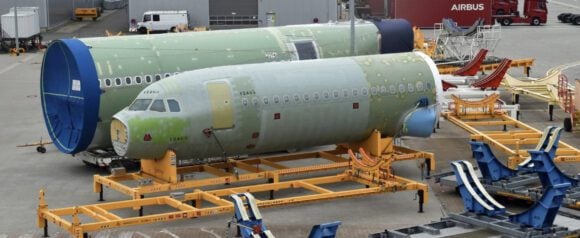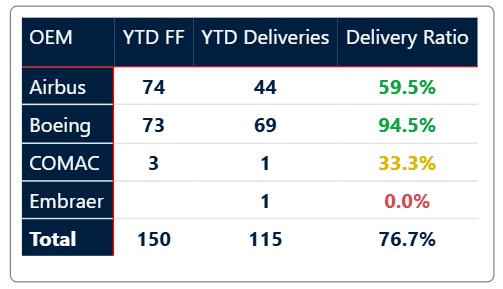The general sense among many industry observers is that the Pratt & Whitney GTF is having a tough settling in period. The most vocal critics have tended to be from India, where the largest GTF powered fleet of A320neos are in service.
But today there is an interesting article from India. The crucial statement is this: “IndiGo has denied the reports. It is true the airline has faced some operational challenges with the neo fleet. P&W has been taciturn, working quietly with its customers to fix problems and compensate as needed. There was no need to point fingers and make a fuss. P&W’s handling of the ultra-vocal Akbar Al-Baker’s complaints is a study in self-control.
So what does this latest article suggest? Two things in our view: First, P&W is getting a handle on the fixes, returning aircraft to service as quickly as it can. Second, P&W customers are being compensated for the inconvenience. IndiGo was among the loud voices – another has been Airbus – but when the GTF is operating, everyone has to acknowledge it is beating its performance guarantees.
The GTF promised big improvements over its predecessor the V2500. The engine is doing better than P&W estimated – we hear fuel burn improvements of 16% rather than 15% promised. This is going to be a primary reason for revised operational capabilities for the CSeries. It will also allow Embraer to push its E2 numbers higher. Airbus is almost certainly going to do this too. IRKUT benefits by being the last GTF powered program to come to market, as its engines will have the fixes from the start. Similarly, Mitsubishi’s program delays allow it to benefit from pioneering done by others.
P&W is facing a production acceleration it has not faced since the second world war. The industrialization has been a challenge. Engine makers are also facing tight supply chains. The business has very tight margins, and as we can see, no margin for error. However, we now see a leading GTF customer start the push-back of the bad news. This may be a turnaround moment for P&W.
Views: 58




